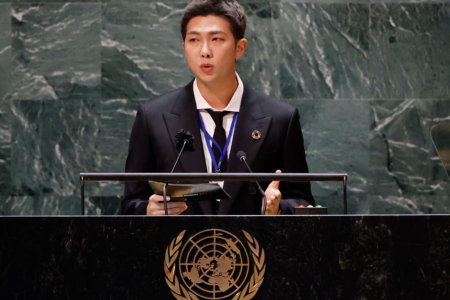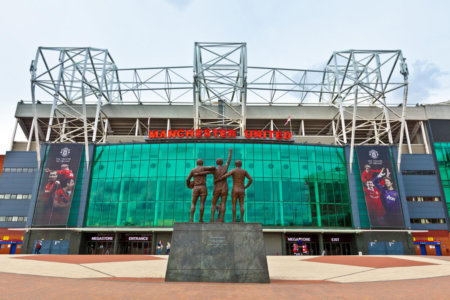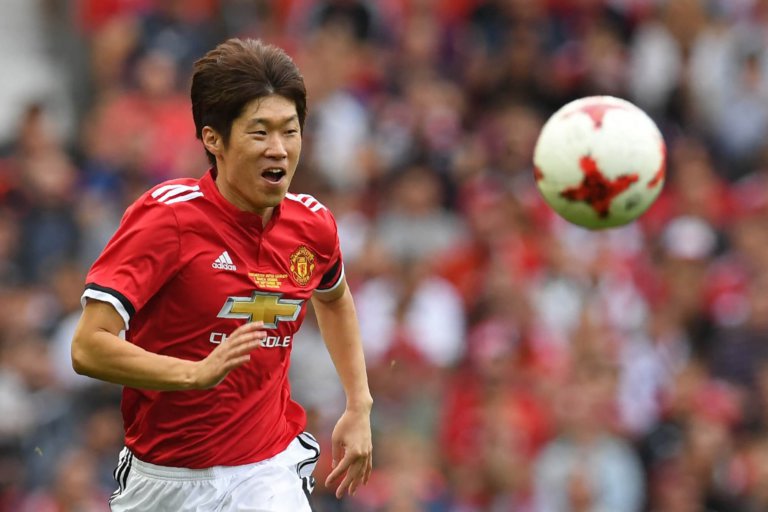
Ask any football fan about South Korea, the first player that will come to mind would be none other than Park Ji-sung. Dubbed “Three-lung Park” for his unflagging stamina, the man who stamped Korean footballers on the world map is proof that the rare alchemy of athletic talent, brains and humility does exist in a game rife with high-octane drama.
A champion isn’t built in a day though, and football loves a good Cinderella story. Looking at the 40-year-old legend, it’s easy to assume that hat-tricks and slick dribblings are the results of talent alone. For Park, nothing could be further from the truth.
In fact, it was endless practice and uncompromising discipline that transformed him into a global sporting icon, while never once setting his education aside. His grit and capability to perform under pressure thoroughly prepared him for an unrivalled international career among the big guns in Europe.
These traits kept him grounded as a postgraduate student at De Montfort University’s award-winning FIFA Master International MA in Management, Law and Humanities of Sport after hanging up his treasured boots. The former midfielder immersed himself in a thorough one-year specialisation of the “Beautiful Game”, including study abroad experiences in Italy and Switzerland.
How Park Ji-sung went from scrawny kid to superstardom
The secret to optimal sporting performance is often attributed to diet. Park’s fare was more eccentric than most, to say the least.
“My father went to catch wild frogs. I was skinny and weak and my father heard their juice would give me size and strength,” Park recalls. His father would traverse long roads from their hometown to Go-heung county to gather ingredients for the unusual concoction. “It tasted very, very bad but I had to drink it because I wanted to be a footballer and everyone said I needed to be bigger and stronger.”
No guts, no glory—and how well Park knew it. The Suwon native would have been eclipsed by stronger and bigger players if not for an unshakeable belief in his ability by coaches at high school. Deemed “too small” by clubs, Park went to Myongji University and played for its football team after failing to land a professional contract.
A training session with the South Korean Olympic Team would turn the tide in Park’s favour. His exceptional performance caught the eye of the national squad’s then-coach. Park would later join its ranks, making his first international debut in 2000.
Clearly, Park has always possessed a certain je ne sais quoi that was destined for football greatness.
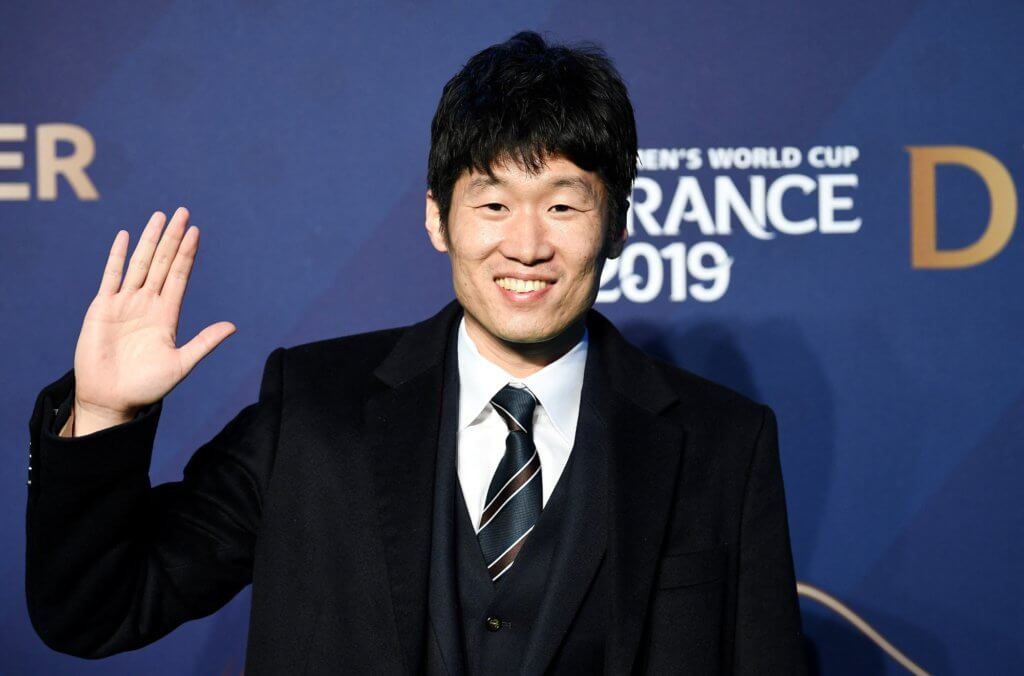
“This master’s course teaches you about theories behind the football pitch,” says Park Ji-sung about his master’s in sports management degree. Source: Franck Fife/AFP
Back to school
After a career that most consider the stuff of dreams — spanning three World Cup appearances, four Premier League titles, and a Champions League title — Park decided it was high time to return to school for his master’s degree post-retirement.
His choice? Sports management at De Montfort University (DMU).
“I decided to do this one year course to enhance my sporting knowledge. A lot of former players want to go into coaching, but I chose to study because I don’t want to be a coach,” Park says in an interview. He was persuaded to enter DMU after a personal recommendation. “One of my colleagues said it had been a great experience and though many players go into coaching or management, I wanted to improve my knowledge of football around the pitch and then perhaps work in the South Korean football league.”
The former Manchester United FC midfielder could not have chosen a better course. Ranked as Europe’s best sports management course for eight years, the programme consists of four modules run collaboratively with SDA Bocconi School of Management in Milan, one of Europe’s most competitive business schools, and Université de Neuchâtel in Switzerland.
So what does a famous footballer with 100 international caps think of university life?
“It’s a tough schedule!” Park was quoted saying. His time as a graduate student at DMU was enhanced by semesters in Milan and Switzerland, where he completed modules in law and management respectively. “This master’s course teaches you about theories behind the football pitch. Study is intense but I am learning about sports marketing, strategies and leadership.” Not one to abandon his football roots, Park also found a new home in his university’s Sports Management team while completing his studies.
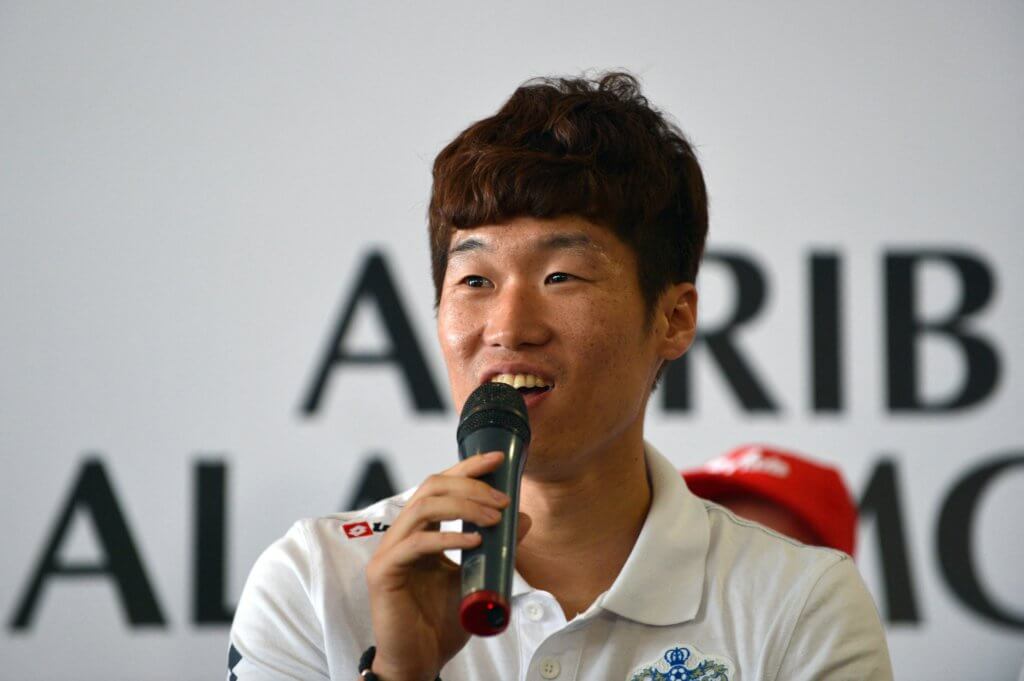
Park Ji-sung is known for his humility. Source: Saeed Khan/AFP
Humility and hard work: a blueprint for future generations
For all his accolades, Park is remembered best for his humility and work ethic. These days, Park is using his master’s degree to good use as an advisor for Jeonbuk Motors in South Korea’s K League. He’s already looking into the next generation to bridge the gap between local and international talents.
“I’d like to play a role in narrowing that gulf…I think we need to adopt a lot of the European ways,” Park was quoted saying. With guidance from one of Asia’s best players ever, South Korea’s football will no doubt benefit from Park Ji-sung’s stint in Europe and comprehensive knowledge of the business.








